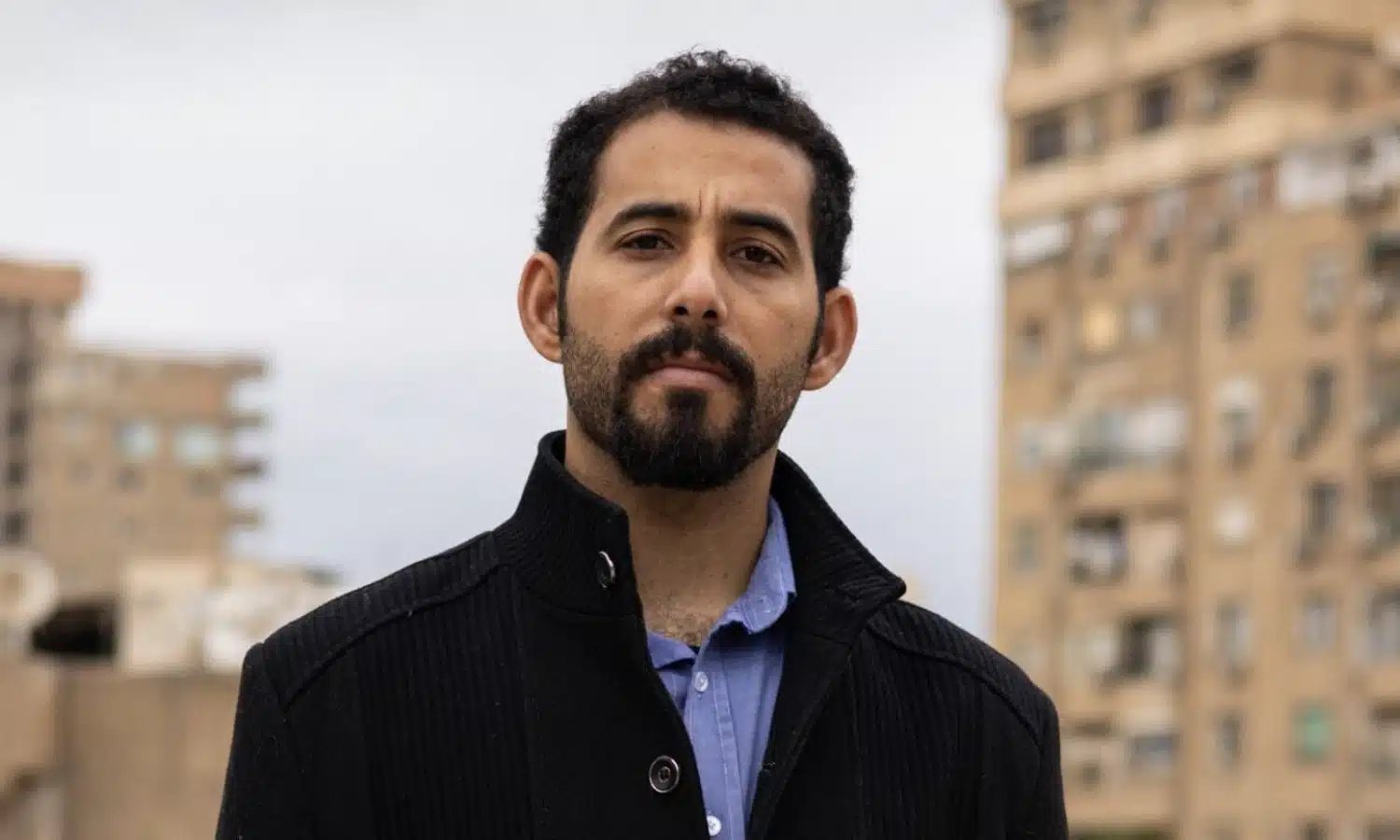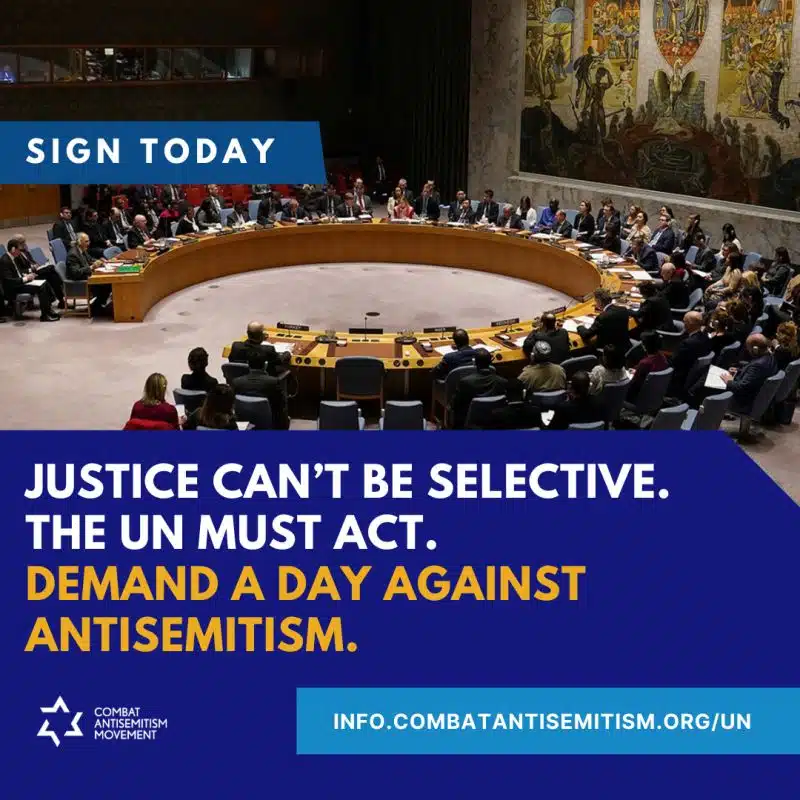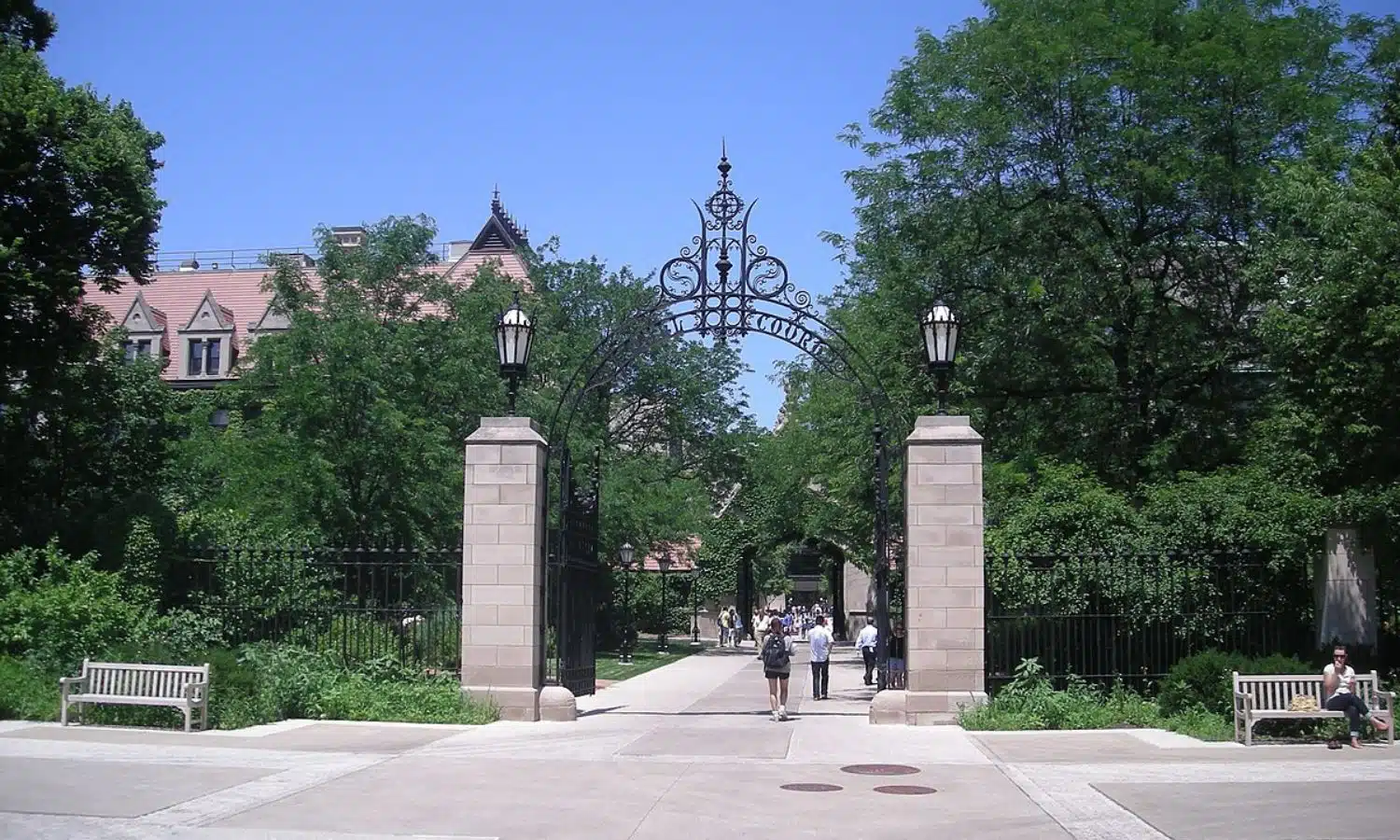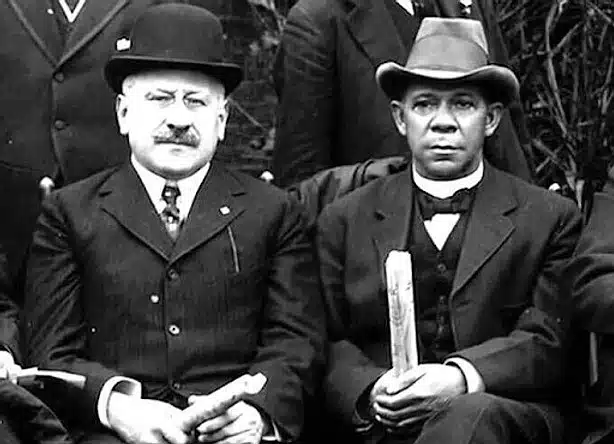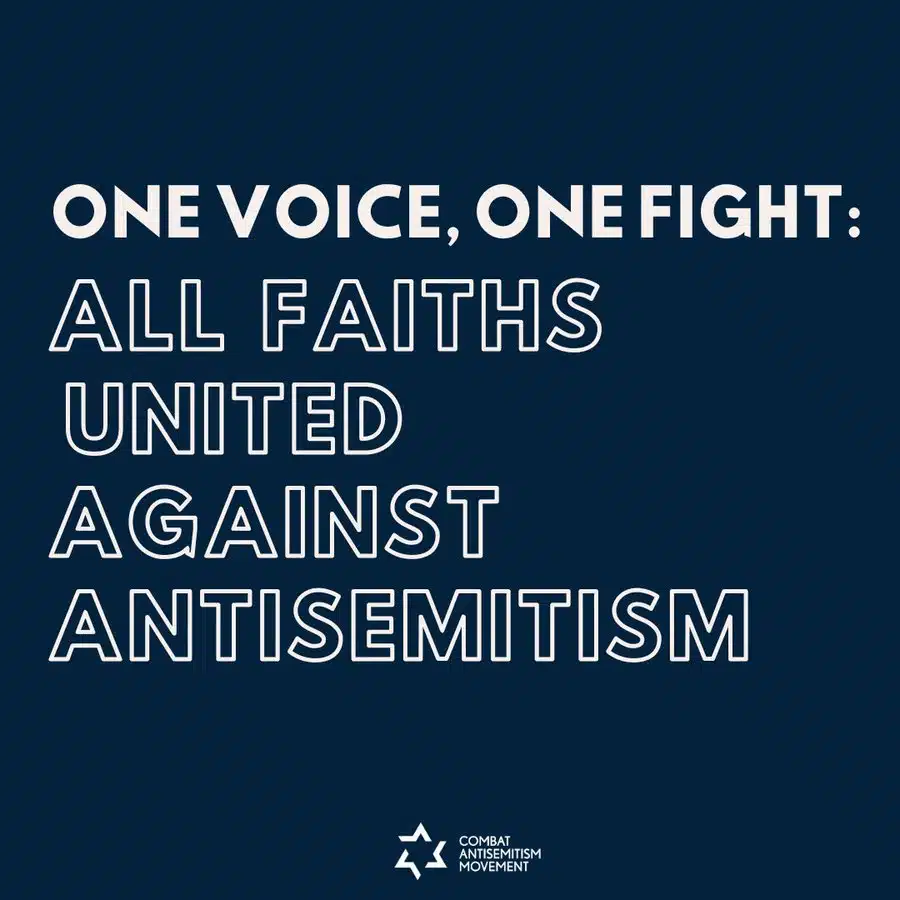active campaign

ISGAP Seeking Applicants for Oxford Civil Servants Program on Combating Antisemitism
The Institute for the Study of Global Antisemitism and Policy (ISGAP) — in collaboration with the Combat Antisemitism Movement (CAM) — is seeking civil servants and government officials to join the upcoming ISGAP-Oxford High-Level Online Workshop on Understanding and Combating Antisemitism, on December 5-7, 2021.
The three-day hybrid training program — focused on issues of contemporary antisemitism as it relates to policy — will include in-person and online programing to enable accepted applicants to take part from the University of Oxford in England or any location around the world.
It will feature a distinguished speaking slate of leading scholars and policymakers, including, among others:
Professor Rosa Freedman, Professor of Law, Conflict and Global Development, University of Reading, Reading; UN Special Rapporteur on Freedom of Religion or Belief Dr. Ahmed Shaheed, Senior Lecturer, School of Law and Human Rights Center, University of Essex, Essex; and Dr. Charles Asher Small, Executive Director, ISGAP; St. Antony’s College, Oxford.
(More names will be added to this list in the coming weeks.)
“There’s a gap between fighting antisemitism and developing and implementing impactful policy,” Small said. “The role of the workshop will be to provide civil servants and government officials with a detailed understanding of contemporary antisemitism and to explore the gap that exists between creating and implementing effective policy.”
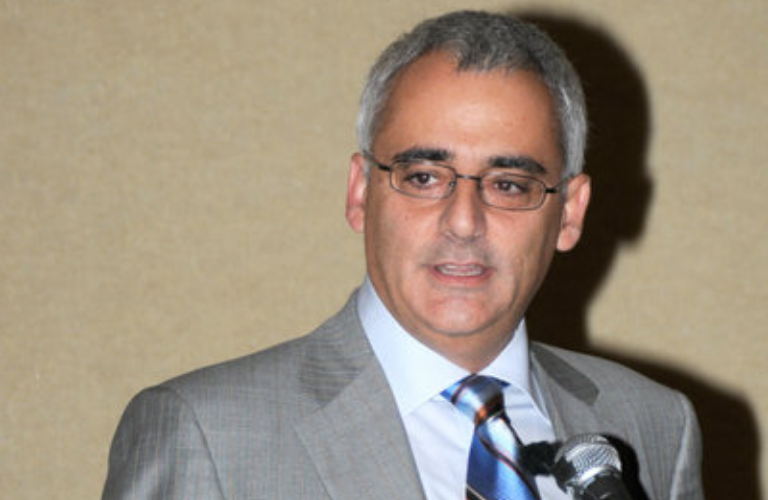
More information can be found on the ISGAP website here.
Interested applicants can submit letters of intent and CVs, with the subject line “Civil Servants Applicant,” via email to: info@isgap.org. There is also an online application form available at: isgap.org/civil-servants
Founded in 2004, ISGAP is an interdisciplinary research center dedicated to scholarly analysis of the origins, processes, and manifestations of global antisemitism and other forms of prejudice.
“ISGAP has been involved in policy development for close to 20 years,” Small noted. “We played a role in helping to define the IHRA definition of antisemitism, and to show the link between contemporary antisemitism and demonizing or bashing Israel. For a long time it was sort of a taboo in academia and the world of policy and policy development to link issues of antisemitism to the demonization of Israel. A lot of our research projects over the years scientifically show the correlation between the demonization and delegtimization of Israel and the rise of antisemitism in Europe and North America, in the Diaspora.”
“A lot of our scholars and professors have played a key role in showing the correlation and convincing policymakers to address contemporary antisemitism,” he added. “Part of it was trying to understand how Israel was being delegitimized and the impact this had on issues of antisemitism. I think we’re very proud of that role.”
MORE CAMPAIGNS
- April 1, 2025
- Active



